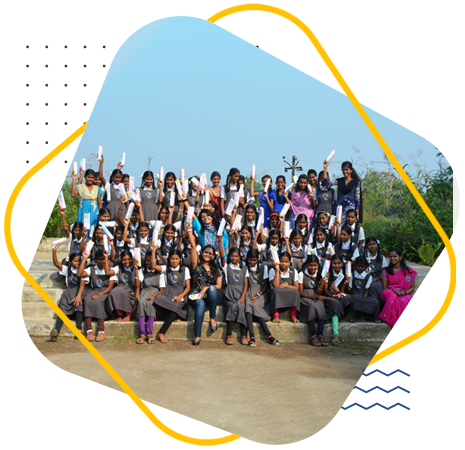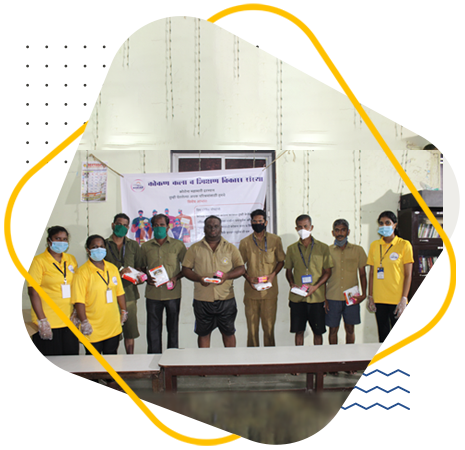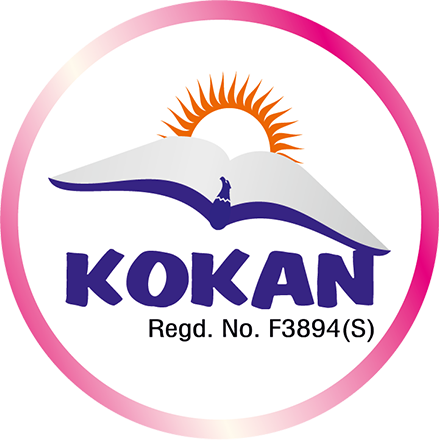Water, Sanitation and Hygiene
With a population of 1.38 billion people, India is the second most populous country in the world. A lack of household water connections and toilets contributes largely to water-borne illnesses, stunting, and death.
We are working on preventive and curative health initiatives – through medical camps, sanitation and hygiene management.
Water, Sanitation and Hygiene
Key facts
84 percent of rural households do not have access to piped water.
About 522 million people practise open defecation in India.
Around 99 million people lack access to safe drinking water, and 500 children in India die every day from diarrheal diseases.
210 million lacked proper sanitation and about 2 billion people consume water that has been tainted with faeces.

Making clean drinking water accessible in rural schools
We work directly with schools and health-care facilities to improve access to basic water, sanitation and handwashing facilities, and to establish protocols for preventing and controlling infections.

Menstrual health and hygiene in rural and tribal areas
We support menstrual health and hygiene by distributing sanitary napkins and encouraging maintaining hygiene along with providing education and spreading awareness that help more girls and women better manage their menstruation cycle.
Menstrual health and hygiene in rural and tribal areas
We support menstrual health and hygiene by distributing sanitary napkins and encouraging maintaining hygiene along with providing education and spreading awareness that help more girls and women better manage their menstruation cycle.


Responding to COVID-19 emergencies
To ensure the continued self-sufficiency of oxygen and provide assistance to people suffering from COVID-19, we provided free oxygen concentrators to the underprivileged and the needy free of cost in the areas of Sindhadurg, Maharashtra.

Increasing focus on sustainability
Power supply is a major issue for the schools in rural and tribal areas. With increasing digitization of schools — e-learning schemes, digital attendance and more, we realised the need of setting up solar panels in schools to be self-reliant in terms of electricity to address the need of the hour.
Increasing focus on sustainability
Power supply is a major issue for the schools in rural and tribal areas. With increasing digitization of schools — e-learning schemes, digital attendance and more, we realised the need of setting up solar panels in schools to be self-reliant in terms of electricity to address the need of the hour.


Addressing Rural health through Health camps
Every year, we conduct a medical camp in rural and tribal areas which includes a free body check-up, oral cancer detection, and dental check-up by specialist doctors and provides free medication. We actively educate people on topics such as tobacco and its harmful effects; diet, nutrition, dental hygiene, open faeces and its consequences; hypertension; hygiene, sanitation, diabetes, etc.

